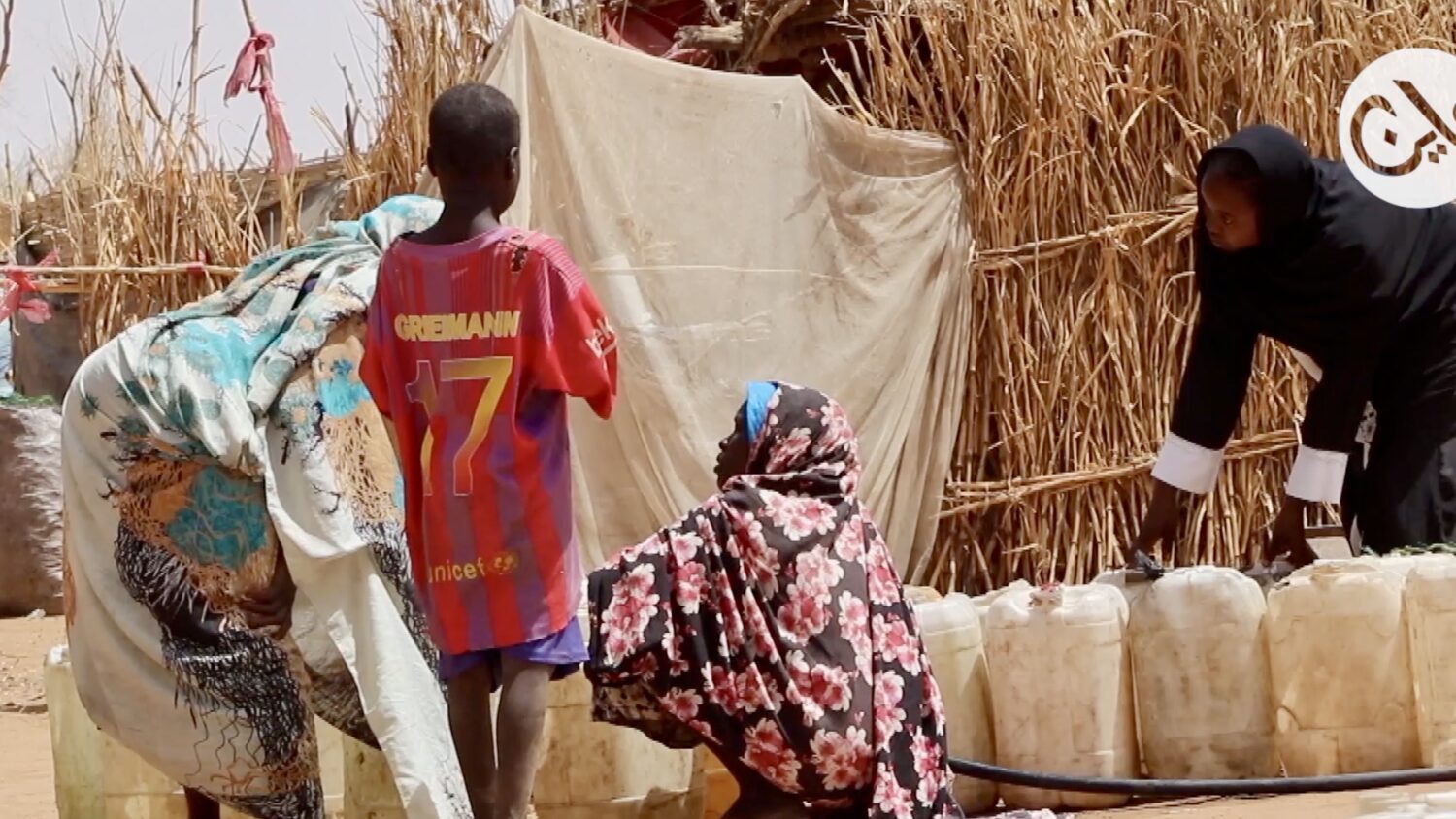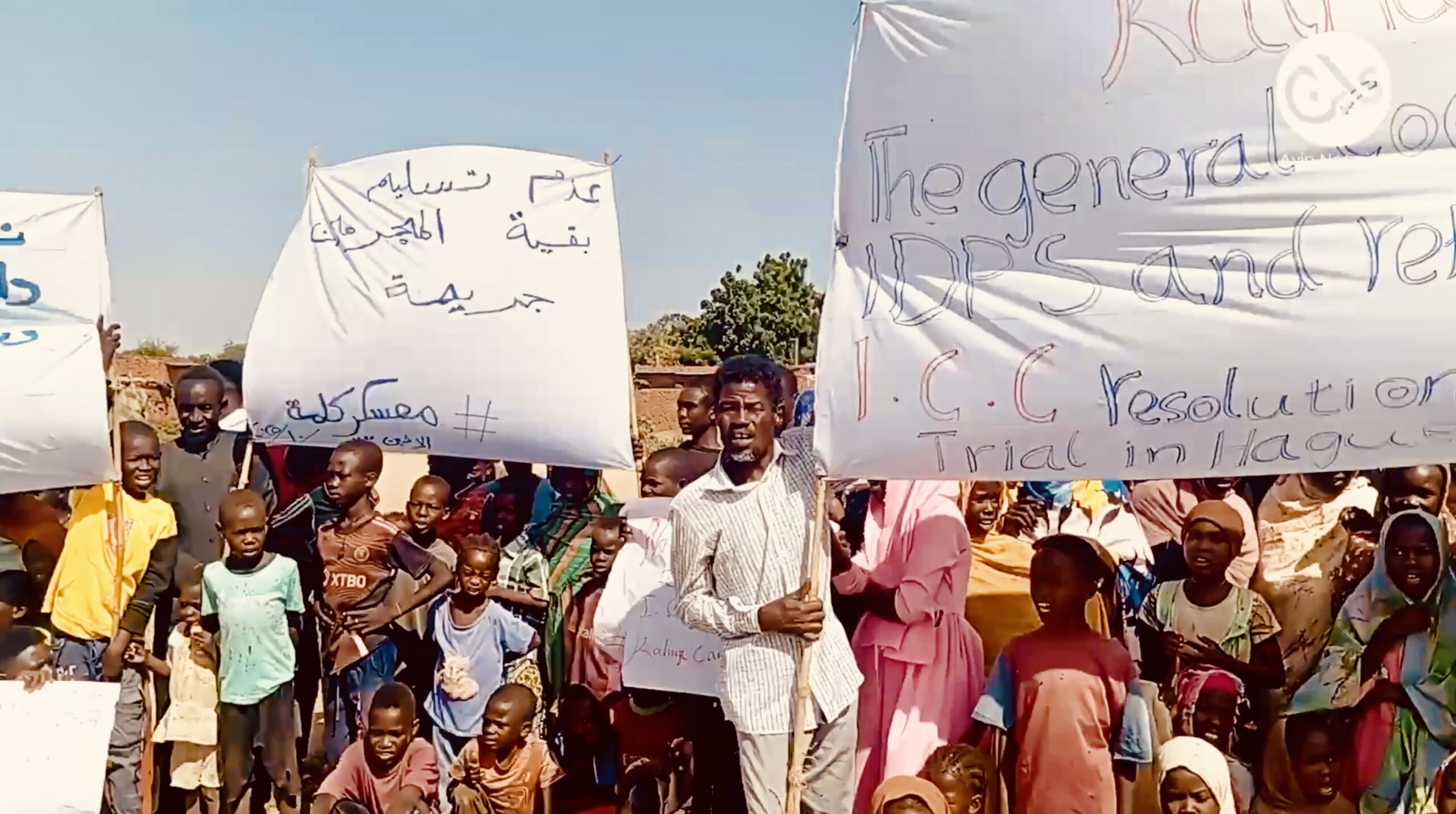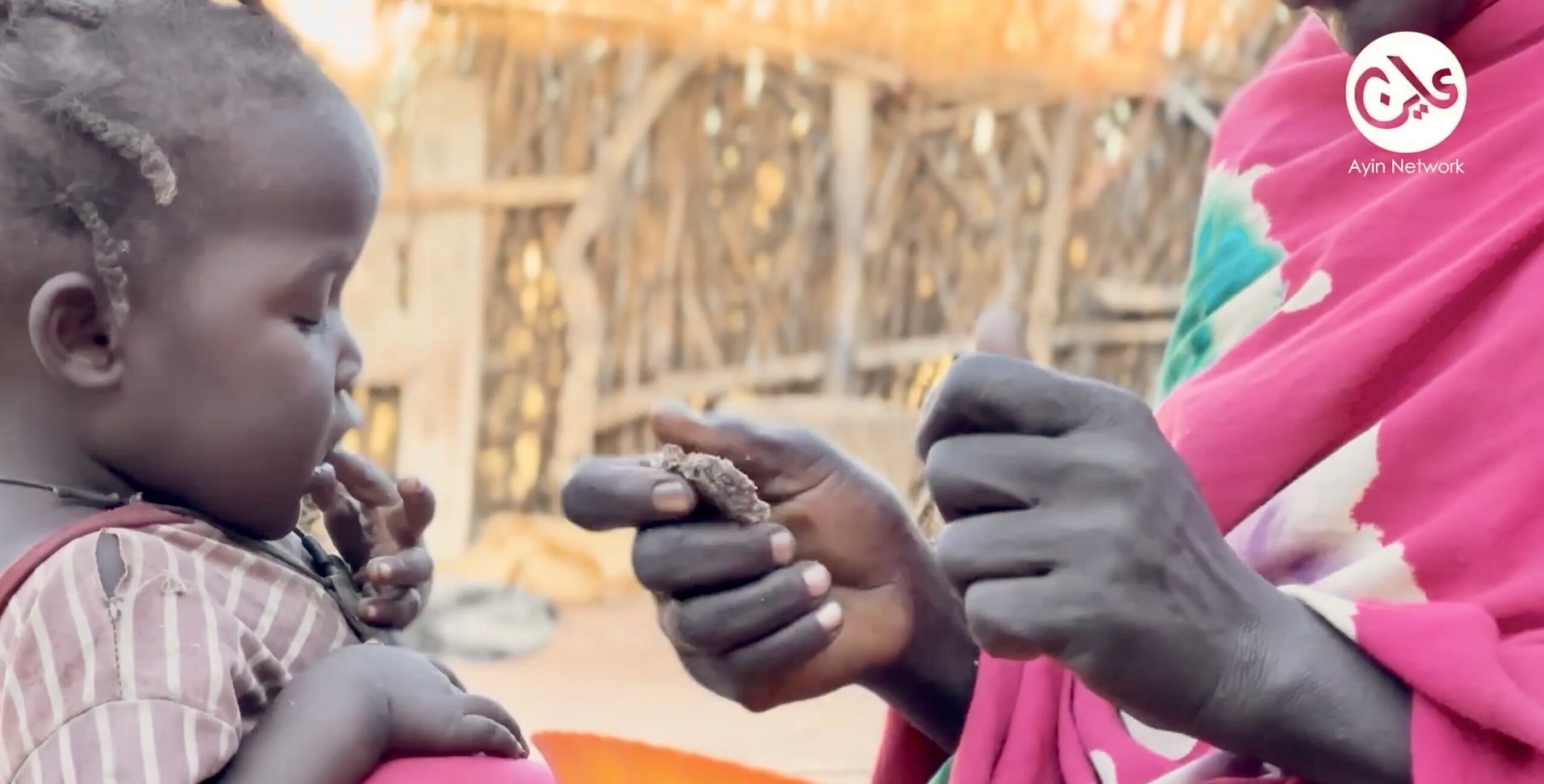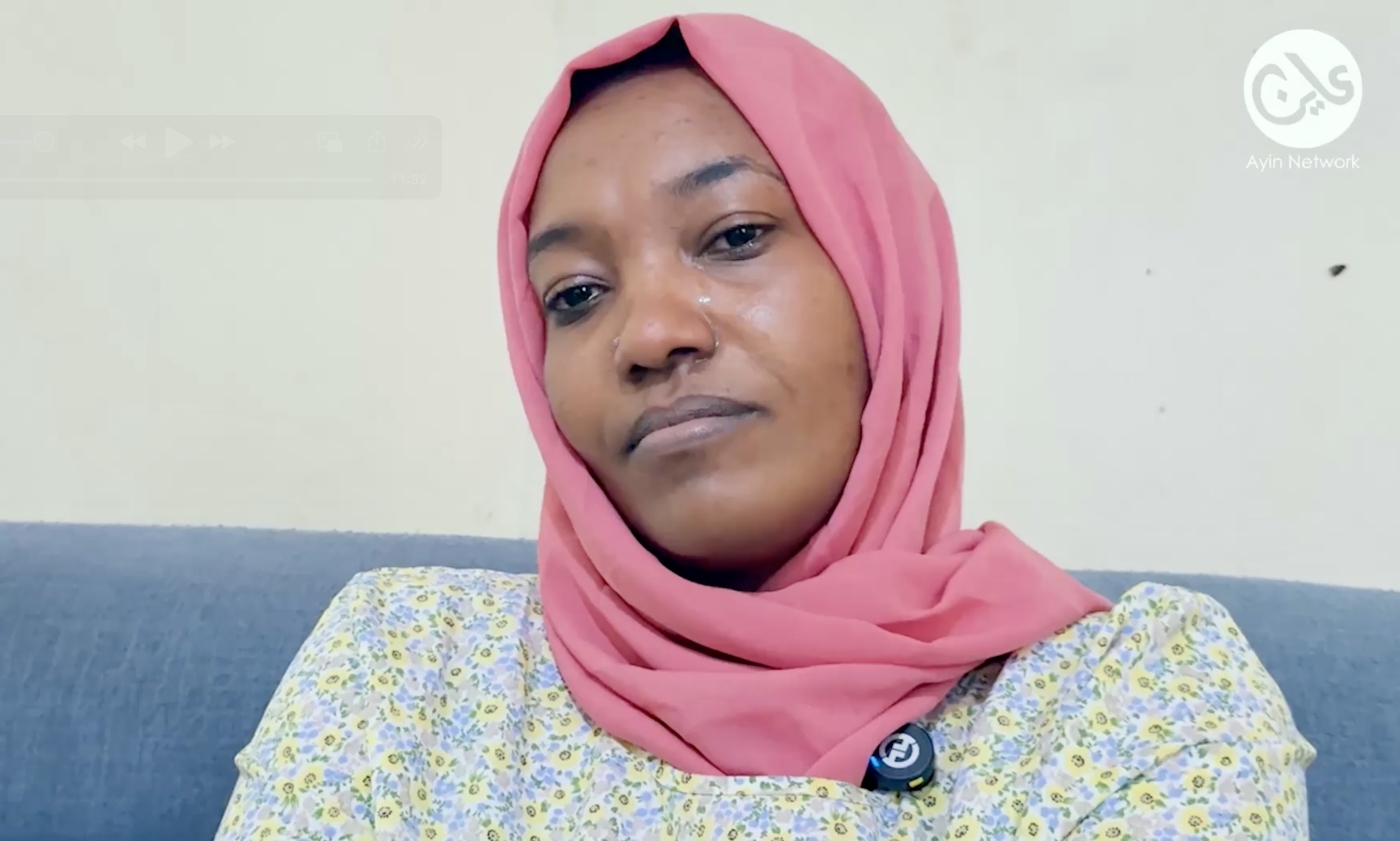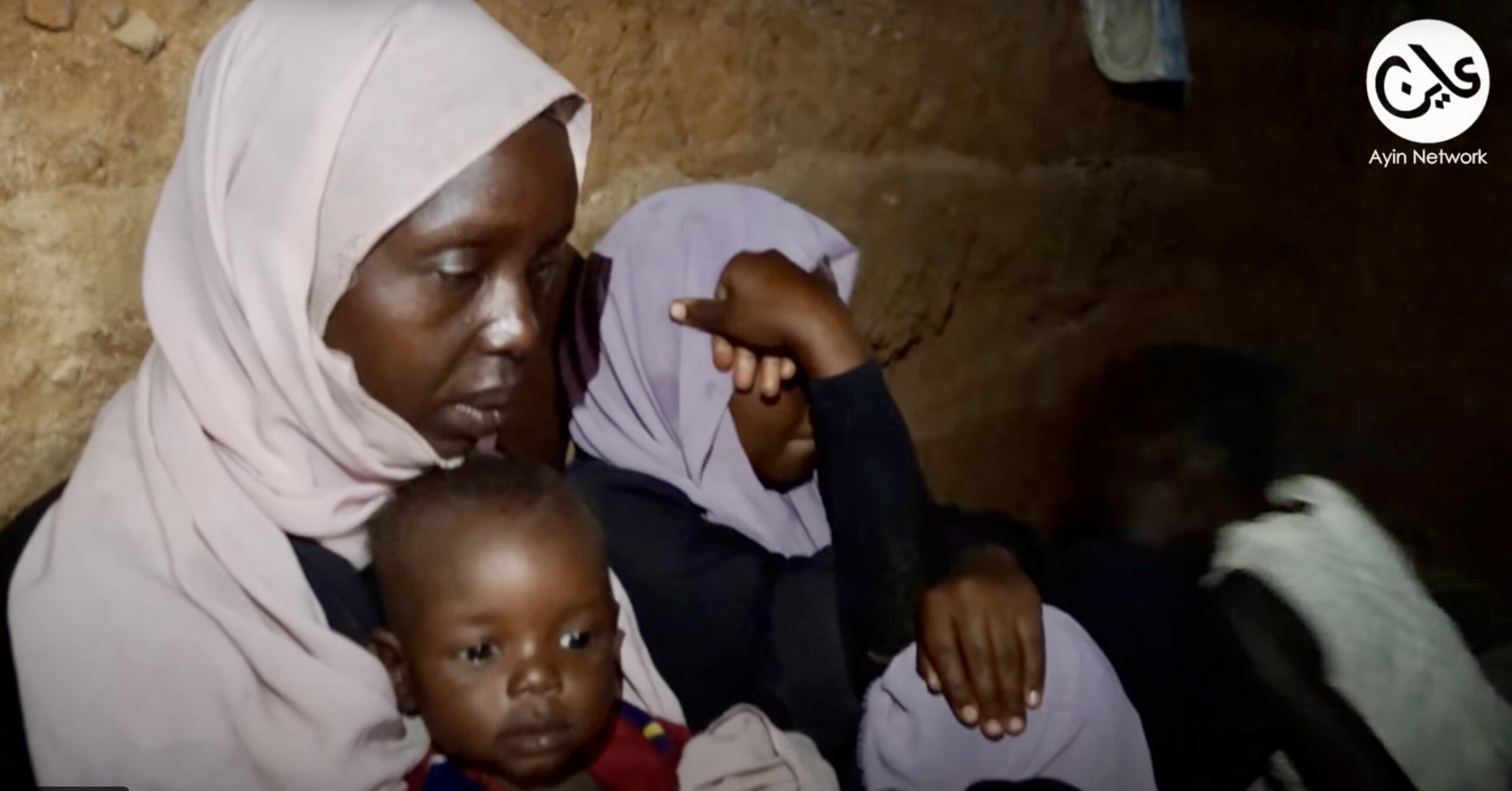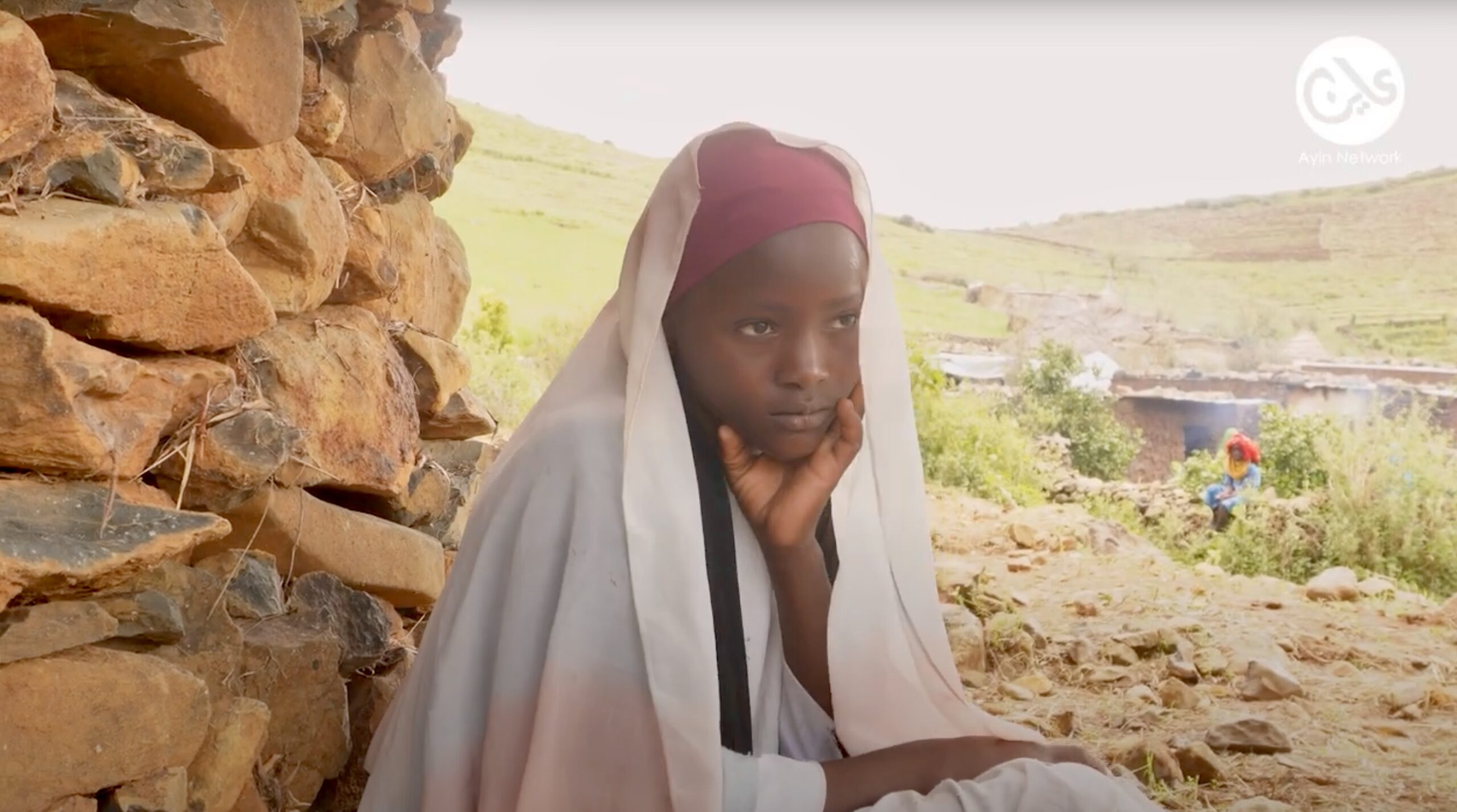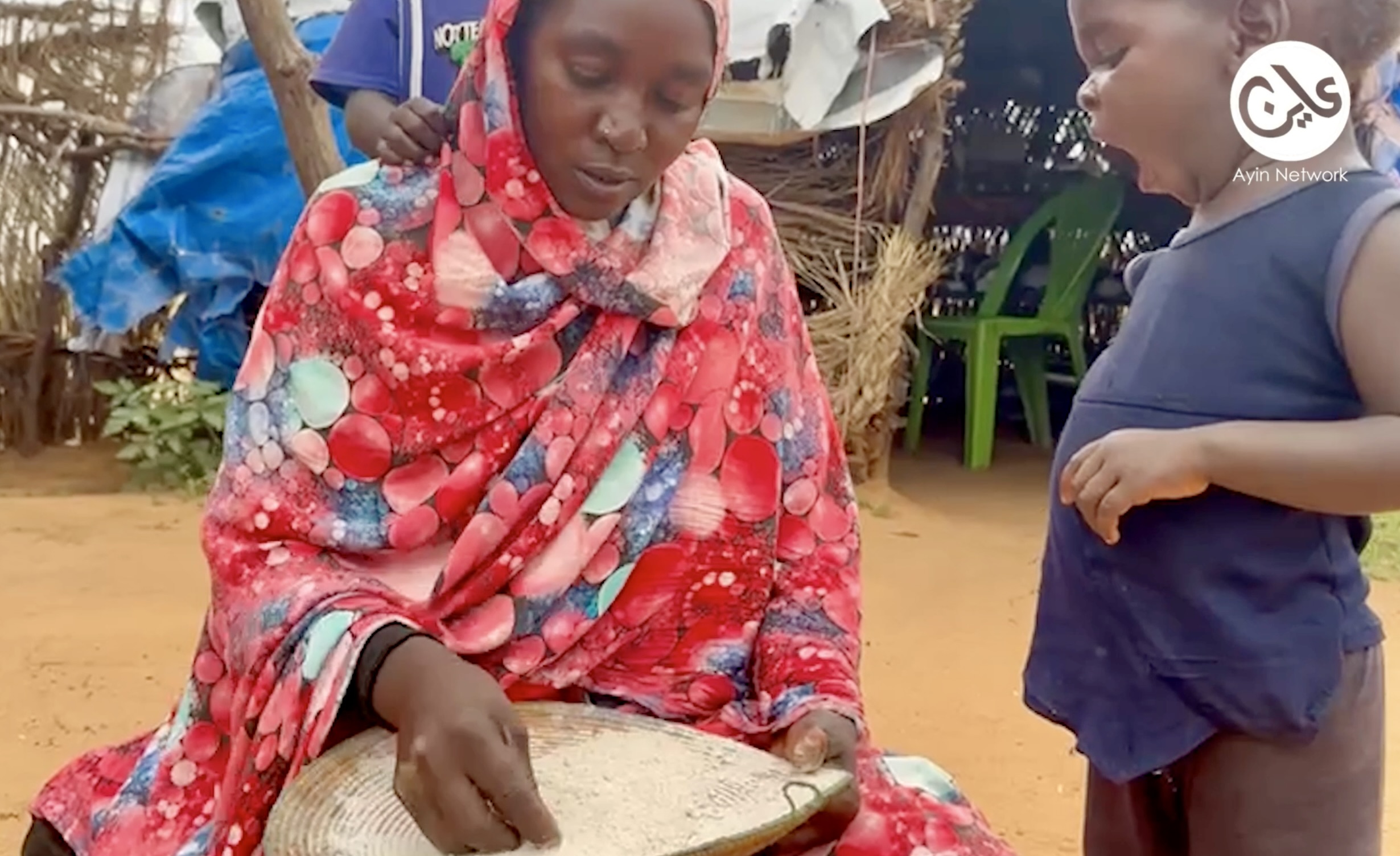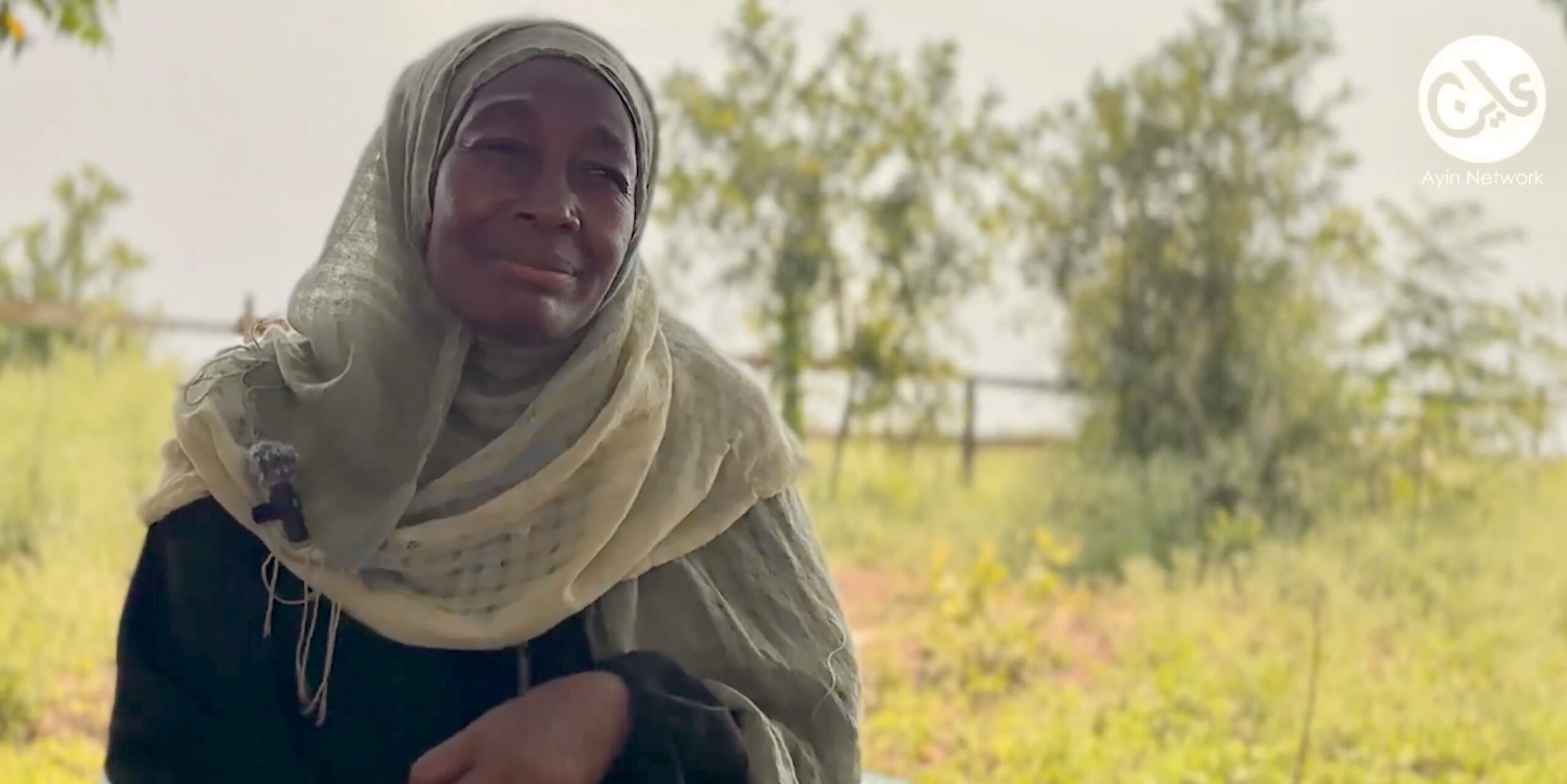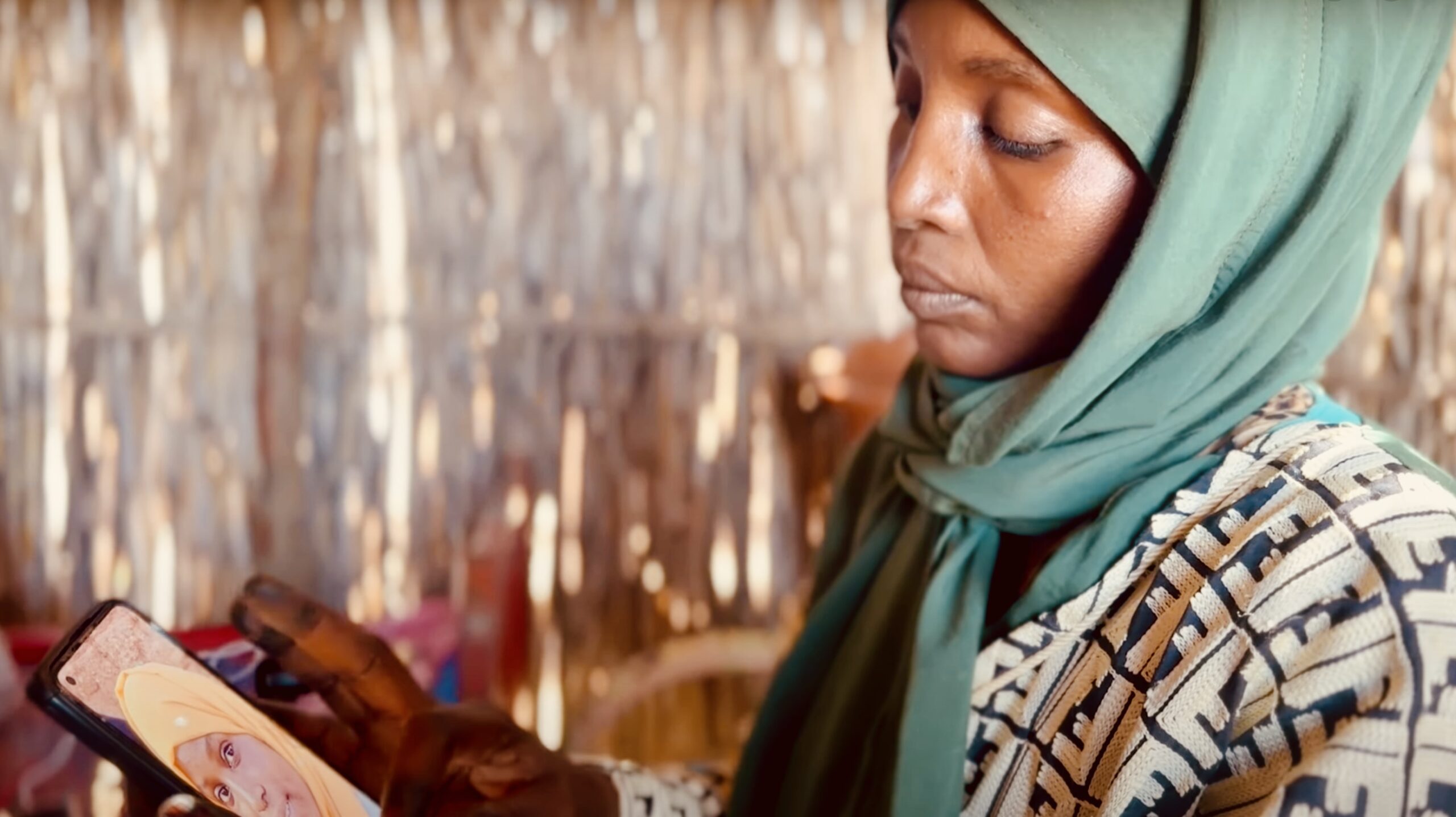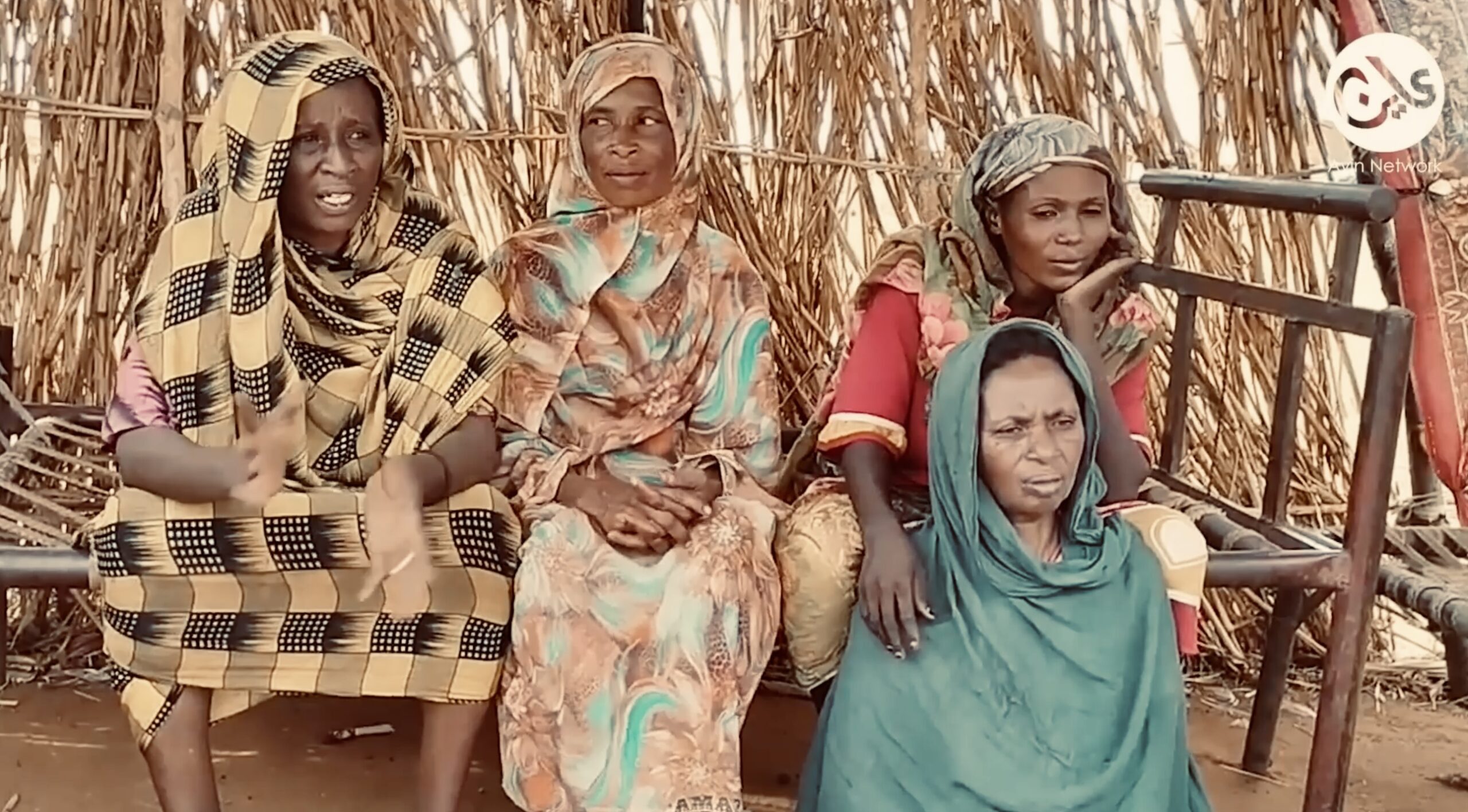On the brink: El Fasher residents fear imminent conflict with no way to escape
1 May 2024
Local residents in El-Fasher, the capital of North Darfur State, are living in trepidation.
At any time, they expect a full-scale battle between multiple armed groups, and they have nowhere to go. “All roads are blocked; there is no safe passage out of here,” says local resident and human rights activist Yasir Saeed.* “When the violence comes, we will be stuck in the middle.”
Since the beginning of April, the paramilitary Rapid Support Forces (RSF) have encircled El Fasher, controlled the main roads and entrances, and are expected to launch an imminent large-scale attack on the city of 1.5 million people. This came in the wake of the announcement by armed Darfur rebel groups that have abandoned their neutral stance and now side with the army against the RSF.
“It is increasingly clear that a full-scale RSF attack on El Fasher will likely occur very soon—hours and days, not weeks and months—without any meaningful international intervention,” said Nathaniel Raymond, the executive director at the Yale School of Public Health’s Humanitarian Research Lab, an open-source data research centre that has been monitoring the situation in North Darfur for months. “The situation for people there will likely get significantly worse. Civilians don’t have a clear escape route. We call this a kill box.”
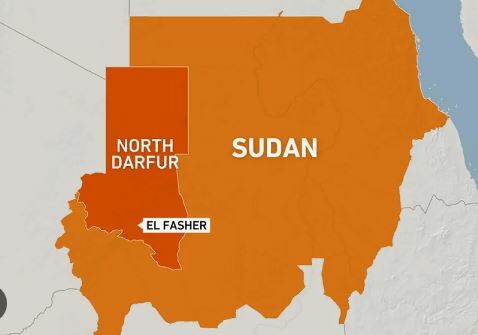
For over a year, the RSF and army have fought a war of political and economic dominance, with the former taking near complete control of the western Darfur region—except for the El-Fasher area in North Darfur State. As the home of several former rebel Darfur groups that signed a peace deal in October 2020, the RSF leadership were careful to avoid any confrontation.
But after three armed groups—the Sudan Liberation Army under Minni Minawi (SLA-MM), the Justice and Equality Movement (JEM) led by Jibril Ibrahim, and the Sudan Liberation Movement led by Mustafa Tambour (SLM-T) ended their neutral stance and sided with the army, the RSF intensified attacks in North Darfur State. “And we’re stuck in the middle of it all,” Saeed told Ayin from El Fasher. “Some people here applauded the decision of the armed groups to fight the RSF—but personally, I just see this will only lead to more bloodshed.”
RSF Commander Ali Rizkallah told Sudan Tribune that attacking El Fasher remains a “legitimate military objective” and urged the army and former rebels to surrender and seek peaceful solutions to avoid an attack.
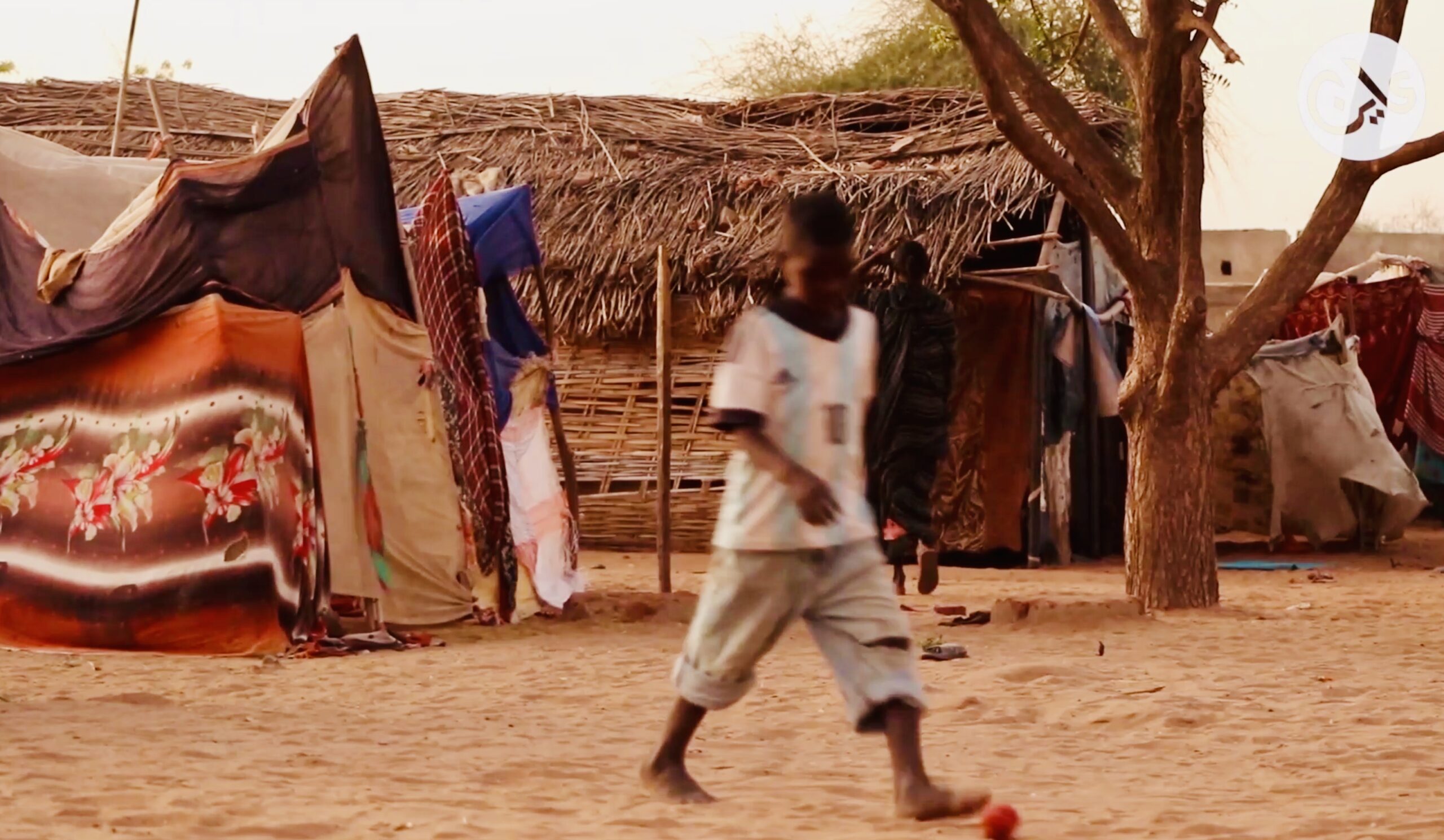
Besieged by land and air
Army warplanes have been bombarding civilians with bombs from above and RSF attacks on the ground over the past few weeks. The Sudan Armed Forces (SAF) have indiscriminately bombed El Fasher multiple times since late March, often at night, targeting north and eastern parts of the city. On 14 April, one air attack killed nine people, according to a medical source from El Fasher Southern Hospital.
By mid-April, RSF attacked at least 31 villages west of Al-Fasher, displacing over 50,000 people and razing nine communities with arson attacks, reportedly targeting the Zaghawa community. “Before, the Arabic pastoralist community targeted the Masalit in Geneina, West Darfur State, since they fought against them,” Saeed said. “Now, they [the RSF and aligned Arabic militias] are targeting the Zaghawa for opposing them.” Both the SLA-MM and JEM are primarily comprised of the Zaghawa ethnicity, Saeed added. “Once these [rebel] groups decided to oppose the RSF, anyone from this community is seen as a target [to the RSF]. El Fasher will be like Geneina.”
Last year, RSF and allied militia attacks on West Darfur State and its capital, El-Geneina, led to the deaths of roughly 10–15,000 people, according to a leaked report by a panel of UN experts. The RSF could target as many as five times this number in El-Fasher, Raymond said.
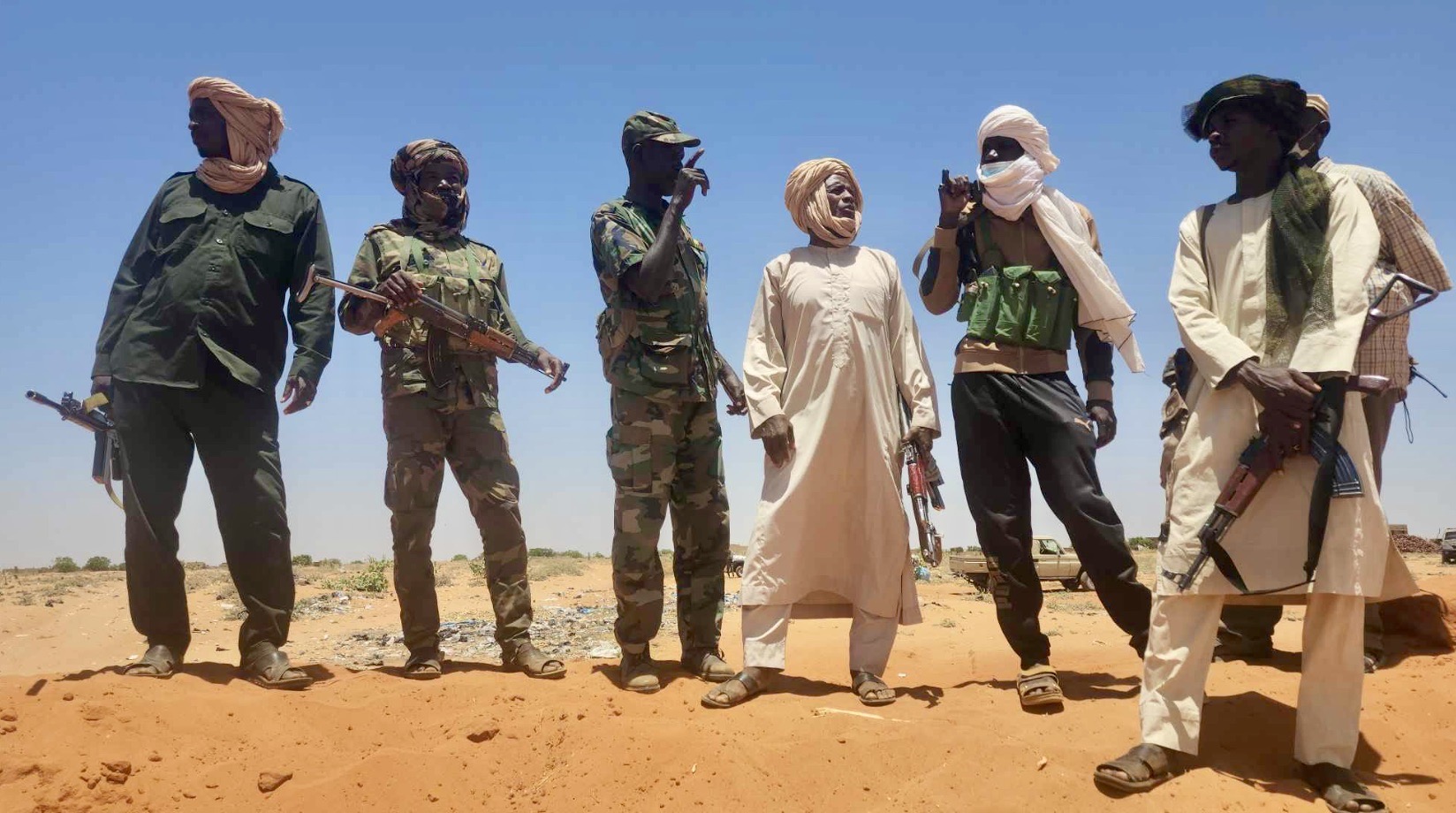
By 14 April, the RSF had captured the strategic town of Mellit, north of El-Fasher, which hosted the Darfur armed groups signatory to the 2020 peace agreement. Mellit, a border town, acts as a checkpoint for humanitarian deliveries to Darfur and a gateway for Libyan traffic, boasting one of the largest custom points in all of the Darfur region. In retaliation, the army and, for the first time, former Darfur rebels clashed with the RSF in the area, spilling over into Abou Shouk Camp. “A number of explosive shells fell randomly inside the camp, resulting in several deaths and injuries,” said a camp resident who works with Abu Shouk’s emergency room, Ismael Kharif. One of the shells hit the International Rescue Committee (IRC) health centre inside the camp, adding that it destroyed the facility and damaged medical equipment. Since the conflict began in April 2023, Kharif said, roughly 200 people have died from the conflict in the camp.
According to Eisa Musa, advisor to Minni Minawi and the SLA-MM, the movement is “beginning to fight in El-Fasher, advancing on all fronts west of the city, which witnessed violations by the Rapid Support militias.” Another military source in the SLA-MM that requested anonymity says the movement has imposed strict security measures within the city and has started arming civilians in preparation for a full-scale attack. Protecting the city from the RSF, the same source said, is their main focus; all political and military activities by the movement in other parts of Darfur are temporarily suspended.
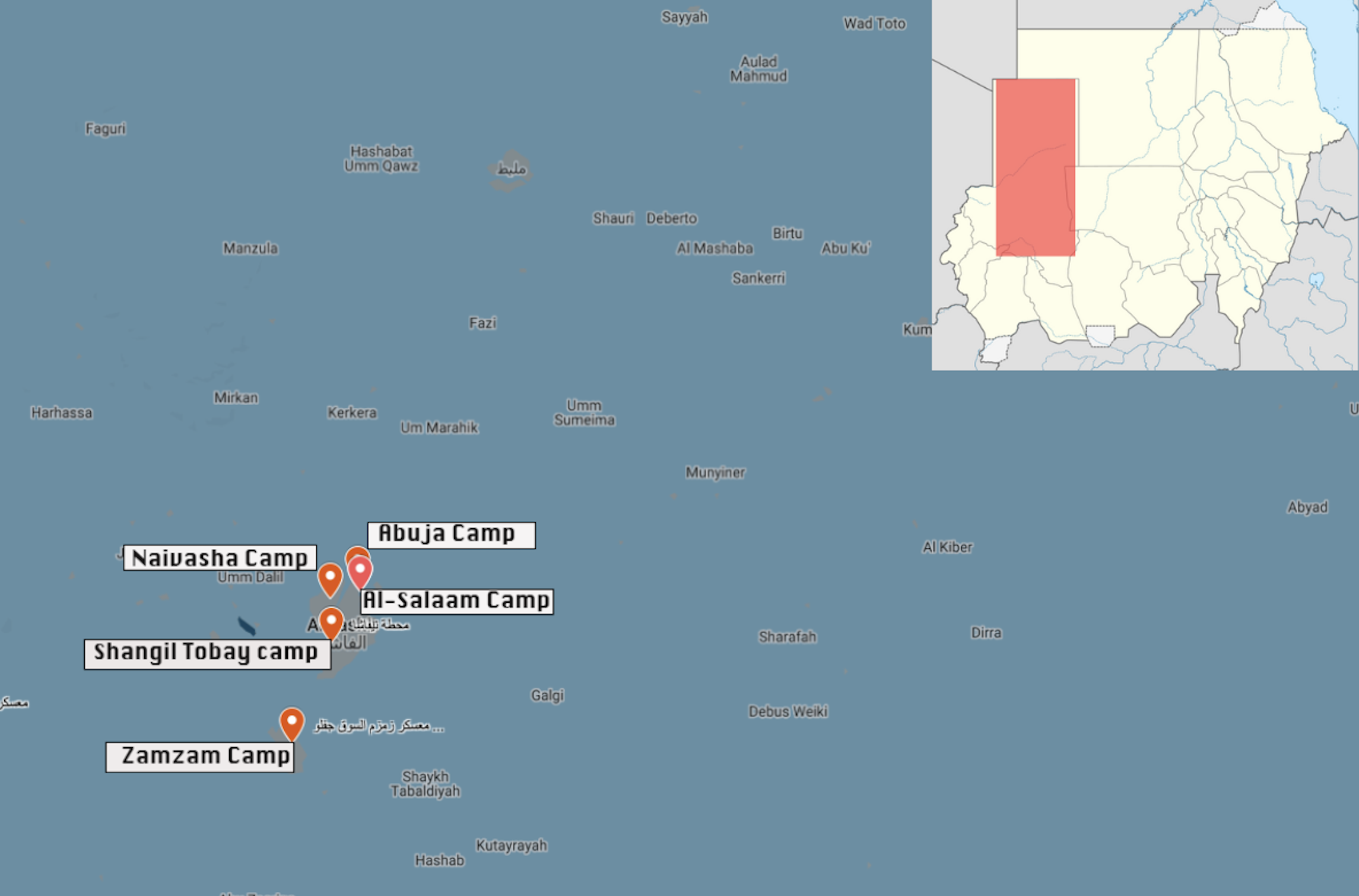
A city of the displaced
The potential catastrophe of a full-scale RSF invasion in the El Fasher area is particularly acute given the city’s demography, which is already largely comprised of the conflict-displaced. El-Fasher is home to one million people along with roughly half a million displaced people, according to local estimates.
Due to the 2003 Darfur War, many conflict-displaced people reside near the city in the camps of Abuja, Abu Shouk, Naivasha, and Zamzam. But the relative security of El-Fasher in comparison to other parts of Darfur made the city a haven for the conflict-displaced from other areas such as Nyala, El-Geneina, Zalingei, Kutum, and Kabkabiya, says Dr. Muhammad Adam, a professor at the Centre for Peace Studies at the University of Nyala. “The developments taking place in El Fasher came after a state of stability that the city witnessed over the past five months of the war, making it a safe haven for the displaced who took refuge there as well as an important focus for the distribution of relief materials.”
But recent insecurity in the El Fasher area has induced 40,000 people to flee to the city and neighbouring displacement camps, according to a statement from the Coordination of Resistance Committees, North Darfur State. “The state of insecurity throughout the localities of North Darfur, especially in the countryside west, north, and southeast of El Fasher city, has forced civilians to flee into the camps around the city,” says Mohamed Abakar, a member of the volunteer conflict-support group, the North Darfur State Emergency Committee. “These overcrowded camps have become a shelter for thousands of displaced people,” Abakar added. Crammed displacement camps include Zamzam camp, which is already in the midst of a severe hunger and healthcare crisis and remains completely unprotected if violence kicks off in the city.
Last week, UN officials warned that impending violence in El Fasher poses a “severe and immediate danger” to 800,000 residents and could “unleash a bloody tribal conflict throughout Darfur.”
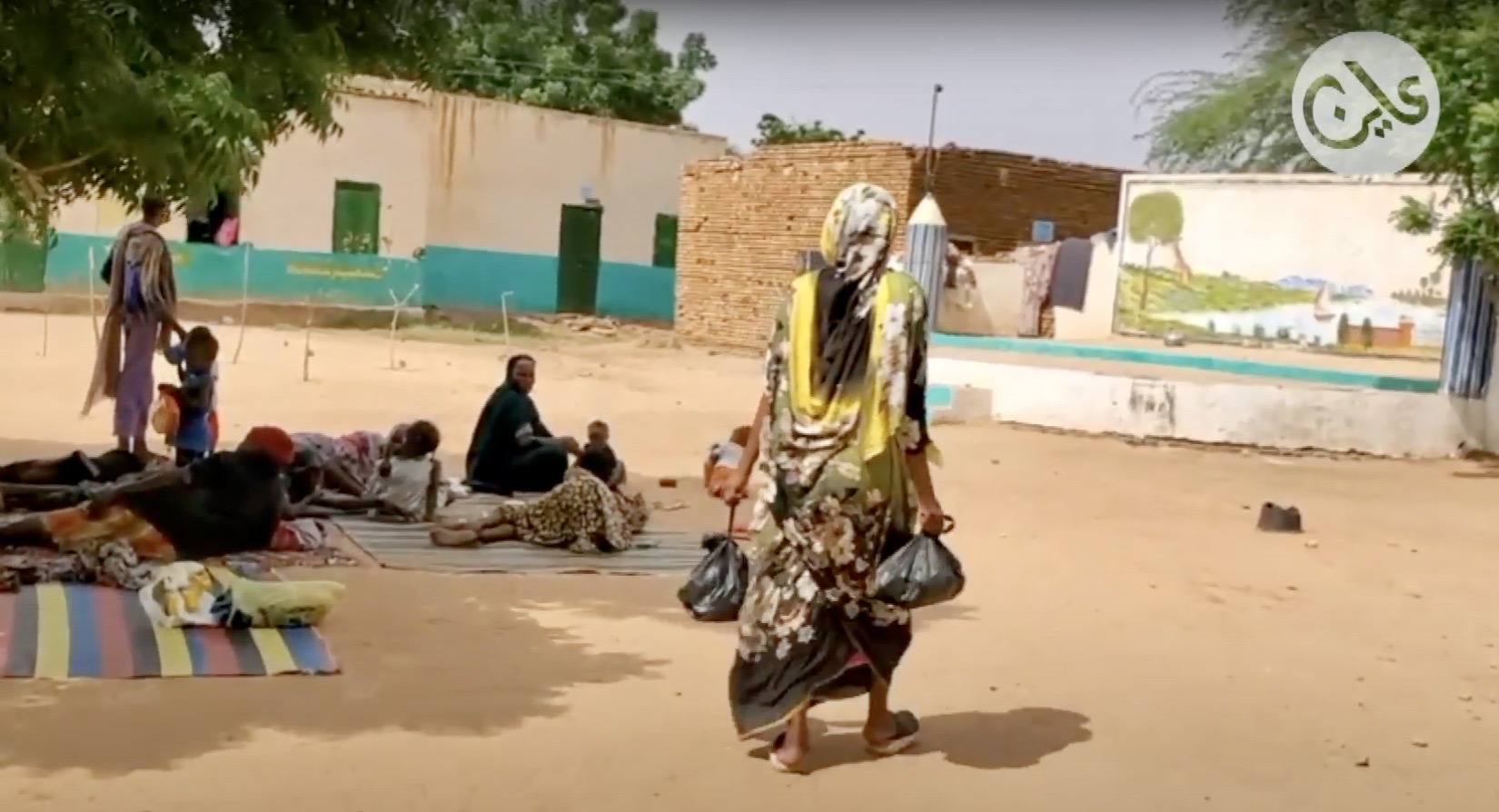
El-Fasher
El-Fasher is considered one of the oldest and most important cities in Darfur as the main headquarters of the Darfur armed forces and the historical capital of the region’s governments over the past ages. A trading hub for Libya and Chad, the armed movements consider the city to be an economic centre for the non-Arab components that took up arms for nearly twenty years against the regime of former President Omar al-Bashir. If Rapid Support takes control of this city, Musa said, the rebel movements will lose their social, political, and economic base in the region.
There is considerable local and international pressure on all warring actors, however, to refrain from further violence in the area. The United Nations, the United States, the Kingdom of Saudi Arabia, Qatar, and the African Union have expressed grave concerns about the potential attack on El Fasher. Local mediation efforts have succeeded in the past to uphold peace in El-Fasher. “We need this [local mediation] more than ever,” Saeed added. “It’s the last hope we’ve got.”
* The name has been changed to protect the source’s identity




